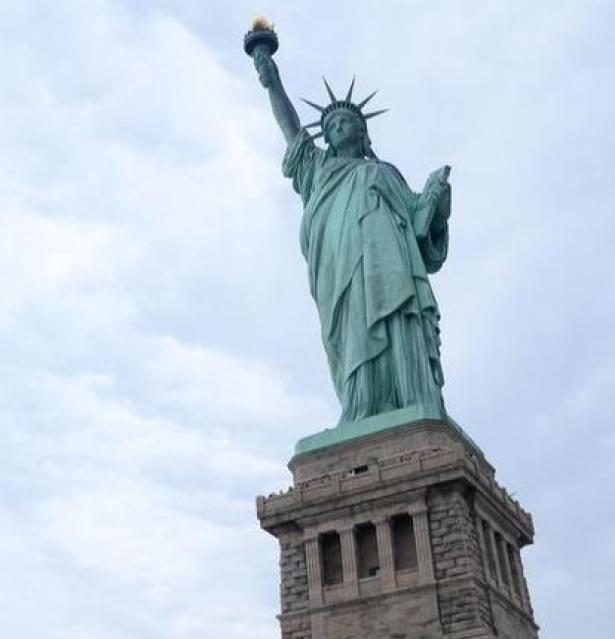Friday Nite Videos | Jan 19, 2018
Portside

So Stupid It's Not Funny: Trump's Crackdown on Legal Immigration. Johnny Cash Sings "Man In Black" for the First Time. The Case for Potential Trump Money Laundering. How Machines Learn. Not A President, Not Yet A Dictator.








Spread the word